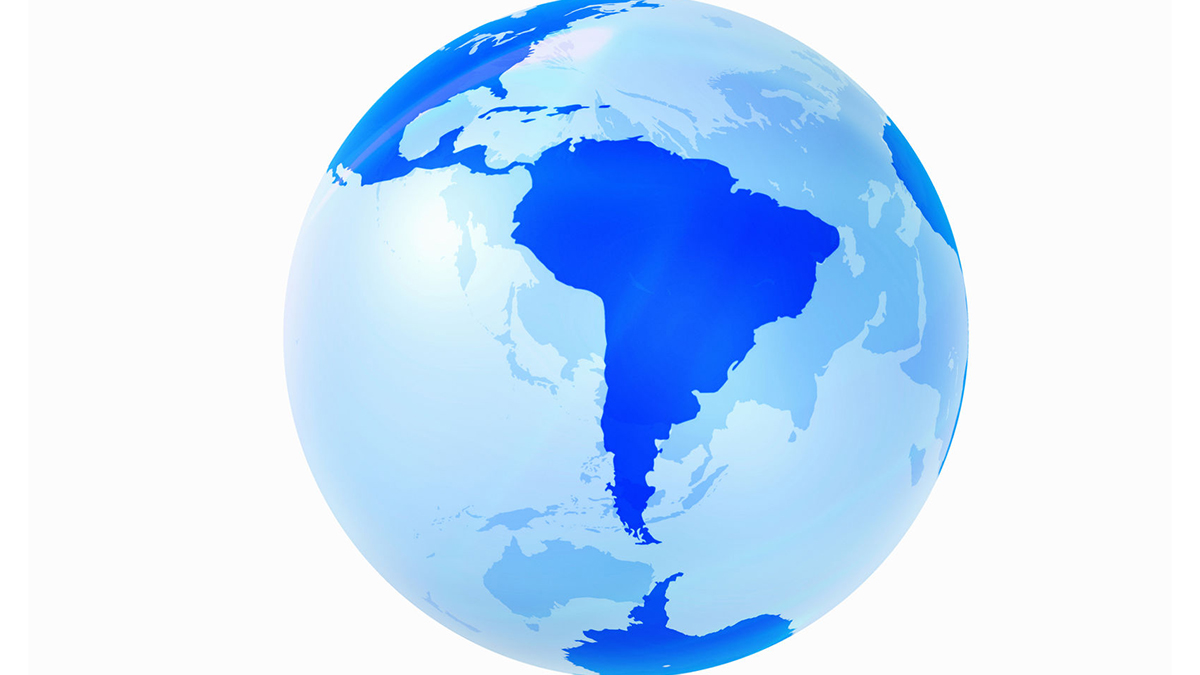While dramatic, President Obama’s opening to Cuba appears to have influenced the Castro brothers as much as his 2013 “red line” threat influenced strongman Syrian President Bashar Assad: not at all.
Cuba aside, the president—true to form—has mostly “led from behind” in Latin America. But his policy of benign neglect may actually be paying unexpected dividends by forcing the United States’ southern neighbors to become more assertive. As they do, politics is taking a backseat to civil society in U.S.-Latin American relations. That’s a good thing.
Historically, U.S. policy toward Latin America has oscillated between condescension (who can forget the so-called Good Neighbor Policy of President Franklin Roosevelt or the Alliance for Progress of President Kennedy?) and intervention, the carrot and the stick. There are ample examples of both.
Now the emphasis seems to be on trade, investment, remittances and technological transfers rather than policies and programs designed and implemented by bureaucrats and financed by taxpayers.
Even the War on Drugs, one of the driving forces behind U.S. policy in Latin America for the past several decades, seems to be declining in importance.
The U.S. has spent more than $1 trillion since the 1970s on the unwinnable war, thousands of lives have been lost, democracy and the rule of law have been destabilized and a generationally transmitted resentment against Washington has been stoked because of the drug war.
Now, the president’s national drug control budget for fiscal year 2017 calls for just $1.6 billion for international drug control efforts, a nearly $60 million decrease (3.4 percent) from the amount Congress appropriated in fiscal 2016. The policy is still there, but it is being scaled down.
And for good reason. As a panel headed by former presidents Ernesto Zedillo of Mexico, Fernando H. Cardoso of Brazil and Cesar Gaviria of Colombia concluded in 2009, the War on Drugs has been a failure.
Meanwhile, the U.S.‘s economic ties to the region have strengthened. Latin America now represents one-fifth of U.S. foreign commerce, a larger proportion than Europe. Mexico is the U.S.‘s third largest trading partner, while Brazil is number nine. Colombia and Chile are also among the top 25. The U.S. has free trade agreements with a dozen countries in the region. In the last decade, one-third of foreign direct investment in Latin America came from the United States.
While U.S. business ties to the region have been growing, U.S. foreign aid has been declining, dropping 20 percent since 2006. Compared to the approximately $30 billion that American companies invest annually in the region, the $2.6 billion in U.S. economic and military aid is small potatoes.
Some of the aid has become less pernicious, with support going through multilateral agencies to fight corruption. It is said that the U.S. hasn’t done enough against Venezuela’s malignant dictatorship. But Latin American dictatorships are primarily Latin America’s problem and it is up to those countries to deal with it.
That’s what they’re doing. The Organization of American States now has a much more courageous leader, Luis Almagro, a former left-of-center Uruguayan foreign minister, who is leading efforts to use the Inter-American Democratic Charter to pressure Venezuela, an OAS member, to restore judicial independence and human rights.
Meanwhile, Brazil, Argentina, Paraguay and Uruguay are turning up the economic heat, seeking to bar Venezuela from the rotating presidency of the South American common market, called Mercosur, for grossly violating its rules.
This is not to say all is well. Immigration remains a big sticking point, thanks to the wave of xenophobic populism now sweeping across the United States.
It is unclear at this stage who will carry the day and what policy will prevail. But the issue has the potential to poison relations — enabling the world of politics to overshadow the world of commerce and people, where relations have tended to focus during these times of “neglect.”
The truth is that all of the Americas would be strengthened by the free circulation of goods, services, capital, ideas and, some day, even people across the hemisphere. Hold on to that thought.













